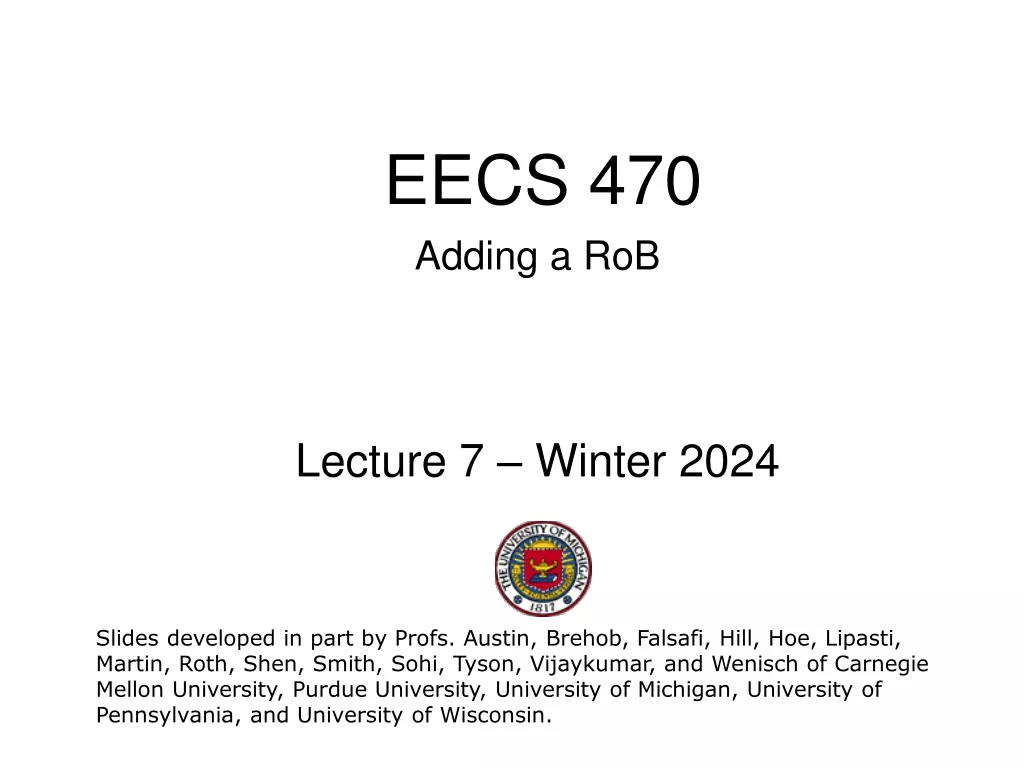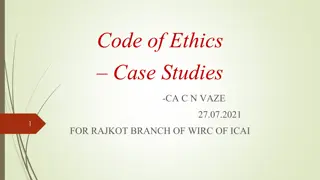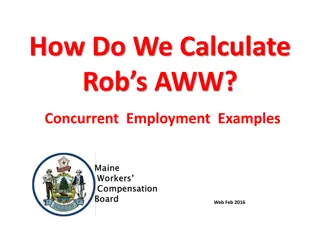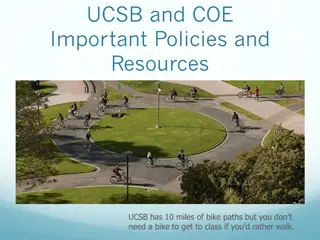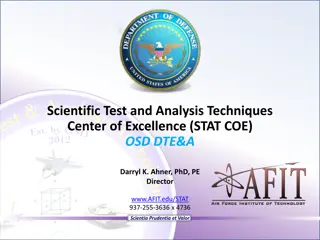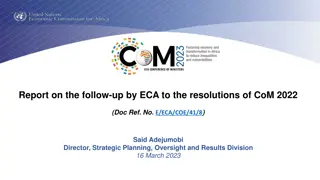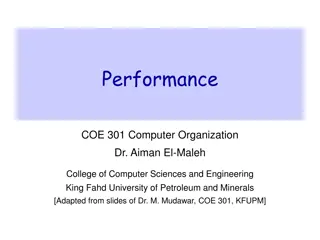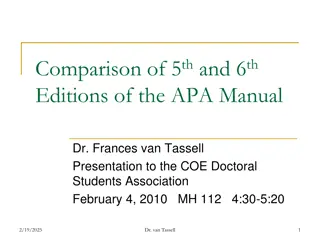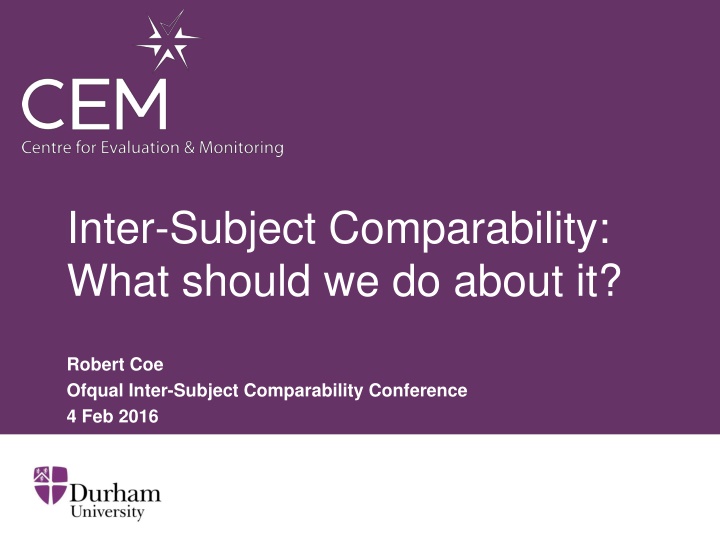
Inter-Subject Comparability Issues in Education Systems
Explore the challenges of Inter-Subject Comparability (ISC) in educational assessments, as discussed by Robert Coe at the Ofqual Conference. Delve into the implications, debates, and potential solutions surrounding the interchangeability of grades in different subjects.
Download Presentation

Please find below an Image/Link to download the presentation.
The content on the website is provided AS IS for your information and personal use only. It may not be sold, licensed, or shared on other websites without obtaining consent from the author. If you encounter any issues during the download, it is possible that the publisher has removed the file from their server.
You are allowed to download the files provided on this website for personal or commercial use, subject to the condition that they are used lawfully. All files are the property of their respective owners.
The content on the website is provided AS IS for your information and personal use only. It may not be sold, licensed, or shared on other websites without obtaining consent from the author.
E N D
Presentation Transcript
Inter-Subject Comparability: What should we do about it? Robert Coe Ofqual Inter-Subject Comparability Conference 4 Feb 2016
What do we know about ISC? Is it a problem? Can we solve it? 2
What do we know? We have been arguing about this (in an informed, academic way) for at least 50 years; disagreement remains Too hard to solve? Grades in different subjects are treated interchangeably Not acceptable to say ISC is meaningless On common-sense meanings of easy / hard , subjects are not comparable Not likely to go away 3
Comparability (Coe, Newton & Elliott, 2012) Any rational claim about the comparability of grades in different qualifications amounts to a claim that those grades can be treated as interchangeable for some purpose or interpretation. We should talk about the comparability of grades or scores (rather than of qualifications), since these are the outcomes of an assessment that are interpreted and used. 4
Subject interchangeability requirements are not mutually compatible Selection Subjects are interchangeable in terms of what their grades indicate about a candidate s suitability for X, Y, Z School evaluation Subjects are interchangeable in terms of what their grades indicate about the impact of the school/teacher 5
Is it a problem? Students avoid sciences and languages because they will get lower grades Or choose them for higher status Or choice interacts with social advantage Schools withdraw or discourage hard subjects to optimise league table position Universities offer places to the wrong students 6
Can we solve it? Aegrescit medendo (Virgil) (The cure is worse than the disease) 7
Policy options (Coe et al, 2008) 1. Do nothing 2. Align at grading 3. Adjust tariffs
1. Do nothing pro con Comparability across different subjects is meaningless Statistical methods have too many problems Comparability over time is more important Unfair if grades used for selection to HE or employment Unfair if grades used in league tables
2. Align at grading pro con Simple and apparently fair Grade profiles for some subjects would be skewed (half GCSE Latin candidates would get A) Which definition of comparability would we use? Purely statistical methods lead to some anomalies Would destroy comparability over time Gradual dumbing down if hardest made easier Would delay awarding process
3. Adjust tariffs pro con Can have different conversions for different purposes Allows for judgement in grading process Scaling used in Australia and elsewhere Methods are complex, may not be understood or accepted
What would I do? (if evidence supports action) Prioritise UMS Promote a more finely differentiated outcome to mitigate mismatch and attenuation Bring outliers in Gradually, incrementally & unobtrusively cap the scale of differences in subject difficulty Encourage tariffs Get users (UCAS, universities) to develop and apply fair tariffs Fair value-added Emphasis progress in league tables and calculate value-added within qualifications before aggregation 12

